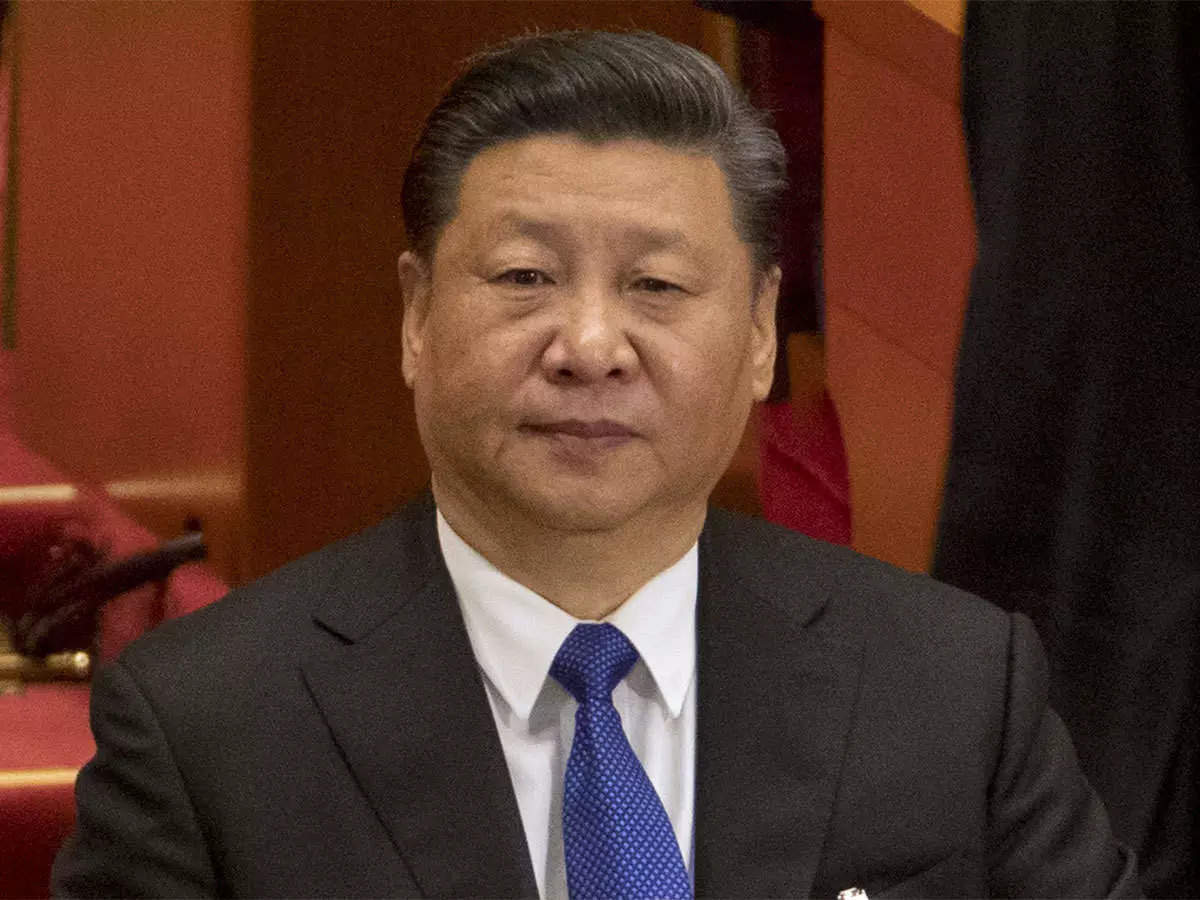When asked about the firings, Chinese foreign ministry spokeswoman Mao Ning told journalists she did not have “any other information to provide”.”If you’re concerned about whether China is transparent, what I can say is that we release information on all appointments and removals of personnel in a timely manner,” she said.
China is yet to announce a new defense minister. The sacking or purge of high officials makes us wonder “what’s going on in China?”. Questions are being raised over the working style of Chinese President Xi Jinping. Is Xi Jinping is facing a challenge to his authority or consolidating his power? It’s very hard to decipher what is really happening in China but some analysts suggest that sacked officials may have violated Xi’s demand for loyalty or posed a threat to his political ambitions.
Xi Jinping has been the most powerful Chinese leader since Mao Zedong, who founded the People’s Republic of China in 1949. Xi has abolished the term limit for the presidency, adopted a historical resolution to elevate his status in the Communist Party. He has also pursued an assertive foreign policy that has increased tensions with the US and its allies over issues such as Taiwan, Hong Kong, the South China Sea, and human rights.
China fires ‘missing’ Li Shangfu as defence minister, without explanation
Xi has positioned himself as the core leader, sidelining potential rivals and consolidating control over the military, security apparatus, and economic policy. This centralization, while strengthening his position, also means that any dissent or challenge becomes more pronounced.
However, Xi’s rule is not without challenges and risks. He faces domestic problems such as slowing economic growth, social inequality, environmental degradation, and public discontent. He also faces international pressure and isolation from the West, which accuses him of violating international norms and values. Moreover, he faces uncertainty over his succession plan, as he has not appointed a clear heir apparent or followed the previous practice of collective leadership.
Some observers argue that the removal of the foreign and defense ministers is a sign of Xi’s weakness and insecurity, as he tries to eliminate any potential dissent or opposition within the party and the military. They point out that both ministers were appointed by Xi himself, indicating that he may have lost trust or confidence in them. They also speculate that they may have been involved in corruption scandals or political factions that could challenge Xi’s authority or policies.
Others contend that the removal of the foreign and defense ministers is a sign of Xi’s strength and confidence, as he asserts his control over the party and the military and prepares for his third term in office. They suggest that both ministers were replaced by loyalists who share Xi’s vision and goals. They also argue that Xi is reshaping China’s foreign and defense policies to suit his agenda and interests, such as pursuing common prosperity at home and building a community of shared future abroad.
“It’s possible to see the reshuffle either as a manifestation of (Xi’s) weakness or a sign of his strength. I lean toward the insecurity side of the explanation,” June Teufel Dreyer, an expert on Chinese politics at the University of Miami in the US, told AP.
Xi is breaking with precedent by taking down his own powerful appointees, further turning the entire Communist Party “into the Xi faction,” said Steve Tsang, director of the China Institute at the University of London’s School of Oriental and African Studies.
“This doesn’t look good. They are your close allies, you’ve only just appointed them and now clearly something has happened that isn’t positive for them to take such drastic actions and remove them from their positions in what seems like quite a hasty way,” Meia Nouwens, a China expert with the International Institute for Strategic Studies, told AP. It shows “weakness in his inner circle, but clearly strength in the sense that he … can take these decisions quite decisively if he so chooses,” she added.
(With inputs from agencies)
